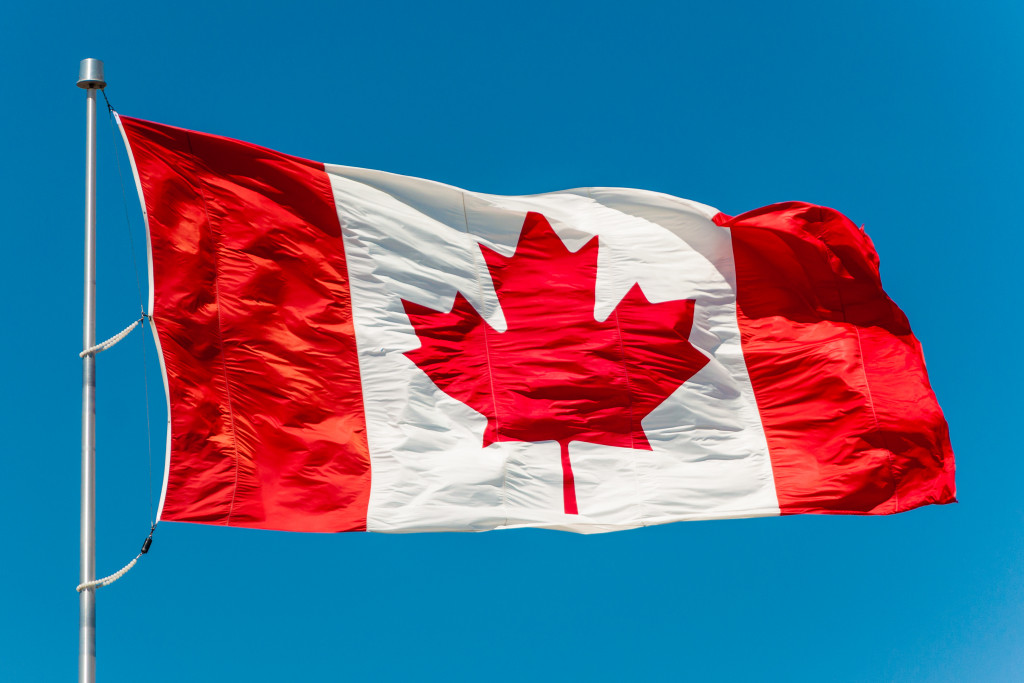Disclaimer: Curate Gifts. This site provides fashion and lifestyle content for informational purposes only.
- Canadian culture has been shaped by centuries of immigration, both voluntary and involuntary.
- Multiculturalism is a critical component of Canadian culture and has been enshrined in the Charter of Rights and Freedoms.
- Family is an integral part of Canadian values, with traditions like family meals playing a significant role in everyday life.
- Essential Canadian values include peacekeeping, respect for cultural diversity, democracy, and respect for human rights.
The Great White North, the Land of the Maple Leaf – Canada is known for many things, and its rich history, diverse landscape, and friendly people certainly stand out. But beyond the stunning national parks and bustling cities, a distinct set of Canadian culture and family values knit the fabric of this great nation.
Here’s a closer look at what defines Canadian values, the importance of family in Canadian culture, and how these qualities can positively impact your daily lives and communities. It’s time for an authentic Canadian cultural appreciation tour.
The importance of multiculturalism in Canadian culture
Canadian culture is inherently diverse, shaped by waves of immigration throughout history, indigenous peoples’ contributions, and an open-minded approach to different customs, beliefs, and values.
This commitment to diversity and multiculturalism has been recognized as one of Canada’s primary characteristics, even being enshrined in the country’s Charter of Rights and Freedoms. Canadians are known for their openness to different cultures, and this mosaic-like approach to cultural identity is seen as a source of strength that fosters understanding, empathy, and unity.
The role of the family in Canadian culture

Family is at the very core of Canadian culture, and traditional family values play a significant role in shaping Canadians’ lives. Family units are an essential support system, often providing financial, emotional, and social support to one another.
Canadians value the concept of family meals, bonding over dinner discussions, and sharing memories in the comfort of their homes. Prioritizing time with family members, showing appreciation for their loved ones, and cherishing life’s simple pleasures are all cornerstones of the Canadian family experience.
As such, family-friendly housing developments have become particularly popular in many Canadian cities. These communities prioritize safety, family living, and quality of life for all members – from young children to aging parents.
The essential Canadian values and their impact on daily life
Canada is a diverse, multicultural nation whose values have long been a source of pride for Canadians. The actual Canadian values—peacekeeping, respect for cultural diversity, democracy, and respect for human rights—define national identity. These values shape how they see the world and inform daily lives.
Peacekeeping
Canada has long advocated for global peace, stability, and security as a peacekeeping nation. This value can be seen in our commitment to international cooperation through organizations like the United Nations (UN). We also strive to maintain strong diplomatic relationships with other countries to prevent conflict from arising. In turn, this value has helped to create an environment of safety and security at home.
Respect for Cultural Diversity
Canada is known for its inclusive society that celebrates cultural differences and encourages everyone to be proud of who they are. This value is embedded in our laws which protect against discrimination based on race, color, or creed; it’s reflected in our government policies which promote acceptance of diversity; and it’s evident in our communities where people are free to express themselves without fear of judgment or ridicule.
Democracy
Canadians enjoy living in a country governed by democratic principles such as freedom of speech and assembly; fair elections; due process; equality under the law; protection from discrimination; religious freedom; access to information; right of petition etc.
These principles enable them to participate actively in decision-making processes at all levels of government – local, provincial/territorial, or federal – thereby ensuring that everyone’s voice is heard regardless of political opinion or background.
Respect For Human Rights

Canada is known worldwide as an advocate for human rights — the fundamental freedoms we all have by being born human beings. This includes civil liberties such as freedom from torture or arbitrary detention and socio-economic rights like access to education, health care or housing, etc.
How embracing Canadian culture and values can enhance your life
Though some may see these values as uniquely Canadian, anyone can adopt them anywhere. Believing in and practicing equality, fairness, kindness, and consideration for others can only lead to a supportive and nurturing environment.
Prioritizing family life, recognizing the importance of connecting with your loved ones, and cultivating meaningful relationships all contribute to your overall well-being. Embracing Canadian values can enhance your stamina, strengthen communities, and foster more understanding and empathetic perspectives on the world.
The Bottom Line
Canadian culture and family values are a complex and multifaceted tapestry woven and strengthened by various influences, beliefs, and ideologies. In a world where divisiveness and individualism often dominate headlines, the Great White North offers a shining example of what compassion, unity, and empathy can achieve. So take a page from the Canadian cultural playbook, and share some kindness and understanding with your fellow global citizens, eh?

